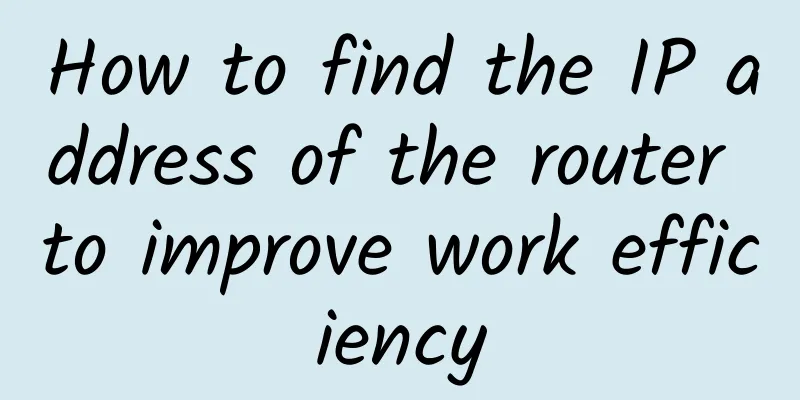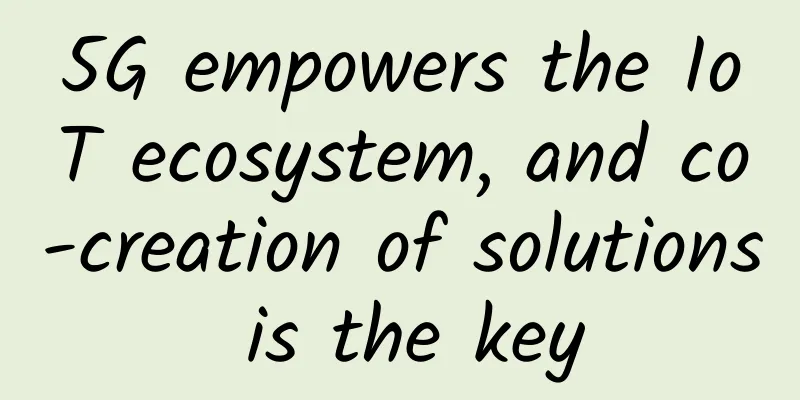The 7 most in-demand tech jobs of 2018 — and how to hire them

|
From data scientists to data security experts, the war for IT talent is set to rage next year. Here's what you should look out for when hiring for the seven most in-demand positions of 2018, and how much you should offer based on experience. As companies rush to adapt to a modern workforce, they're doing everything they can to attract high-tech talent. For some companies, that could mean getting a head start on filling next year's most in-demand job openings, from data-focused positions to security-related roles, according to the 2018 IT Salary Report from Robert Half Technology. The survey also shows the average salary for each position based on experience. While Robert Half Technology acknowledges that many things can influence a company's starting salary, including competition, location, corporate culture and budget, there are things you can do to ensure you're finding top talent. Here's a look at seven jobs expected to be the most in-demand in 2018, the skills and experience expected of you, and the average salary you'll need to pay to stay competitive. The seven most in-demand tech jobs of 2018
1. Business Intelligence Analyst Business intelligence analysts need experience with database technology, analysis, and reporting tools; companies typically look for candidates with a bachelor's degree in computer science, information systems, or engineering. You'll want to hire someone with the right skills to understand your business data needs and then communicate that data to stakeholders. This is an increasingly important position because business needs will depend on the collection and understanding of data. Desired skills and experience:
2. Data Scientist While you need a business intelligence analyst to help understand and communicate data patterns, a data scientist is someone who helps collect, process, and analyze data. A data scientist should also be skilled in communicating those findings and recommending them to others in the industry. Desired Skills Experience:
3. Database Developer When hiring a database developer, you need to look for someone with analytical and problem-solving skills. Since they will be responsible for developing and managing the enterprise database, it is important to have a clear understanding of what skills you expect and what type of developer will best fit the need. Desired skills and experience:
4. Help desk or support desk technicians For customer-facing businesses, the help desk is an essential component of running an efficient business. As the first line of defense for customer service and troubleshooting, help desk staff need to have the right technical and soft skills. Robert Half Technology breaks down technical support staff positions into three levels because job descriptions and requirements can vary by business. Desired skills and experience:
5. Network Administrator Network administrators deal with LAN/WAN protocols, software, and hardware. They spend a lot of time troubleshooting and are often on call in case of emergencies or outages. The experience you require will depend on how extensive your networking needs are, but there are certain skills and certifications that can help you find the best fit. Desired Skills Experience:
6. Data Security Administrator Handling large amounts of data requires a focus on security to protect your business, employees, clients, and customers. A data security administrator is responsible for defining network security requirements, ensuring all security measures are up to date, monitoring security practices across the company, and enforcing security policies. Desired Skills Experience:
7. System Administrator Like most jobs in IT, system administrators should demonstrate strong problem-solving, communication, and analytical skills. But system administrators also have a solid technical understanding of company-specific hardware and software. Your needs for system administrators depend on the services, hardware, and software you rely on. Desired skills and experience:
|
<<: 8 technologies that are changing IT services
>>: Seven IT salary and hiring trends for 2018
Recommend
"No products, no discounts, no sales" Huawei's new "knowledgeable" approach
Not long ago, an online experience store with &qu...
Android Network Programming-TCP/IP Protocol
In the article Android Network Programming - Comp...
China has more than 150 million 5G users, of which 50 million do not use 5G phones
China Mobile and China Telecom announced that the...
Intermediate explanation of IP/TCP protocol, handshake process and data packet format
IP address definition: IP is known as Internet Pr...
National Bureau of Statistics: The number of 5G terminal connections in my country has exceeded 200 million
At present, my country's 5G development is ac...
Tencent Cloud Lighthouse Care, help you get up to 200 yuan in coupons
Tencent Cloud recently launched a lightweight wor...
[11.11] 66 Cloud VPS 20% off for monthly payment and 40% off for annual payment, Hong Kong/US/Korea/Japan data centers available
666clouds has launched a special promotion during...
Zhang Hao from Ele.me: A food delivery guy sent by AI
[51CTO.com original article] On July 21-22, 2017,...
Yecaoyun Hong Kong High Defense VPS, starting from 122 yuan/month-dual core/2GB/15G SSD/5M/50G defense
Yecaoyun recently launched a new high-defense VPS...
Connectivity trends: All roads lead to Wi-Fi in 2023 and beyond, says Wi-Fi Alliance
Despite turbulent times, Wi-Fi has had a stellar ...
The impact of 5G technology on these 20 industries
5G, a new era product developed in response to th...
How many hurdles does industrial digital transformation have to overcome? Wind River provides a cost-effective option that integrates the old and the new
[51CTO.com original article] "It's time ...
Inventory: Three basic elements and five characteristics of the Industrial Internet
Three basic elements of the Industrial Internet S...
What is edge computing? Why is it called the gas station in the era of smart IoT?
With the rapid development of the Internet of Thi...
7 ways to understand the 5G standards in June
MicrosoftInternetExplorer402DocumentNotSpecified7....
![[Closed] Arkecx 40% off, Hong Kong/Taiwan/Japan/Korea/USA etc. starting from $72/year](/upload/images/67cabfe4197bd.webp)






![[LeaTech Summit Review] Red Hat Global Vice President Cao Hengkang: The secret of digital transformation lies in people "cooperation"](/upload/images/67eb9c52f1eab.webp)

